Monetizing Digital Creativity: Exploring the Business Potential of NFT Marketplaces
NFT Marketplace Development
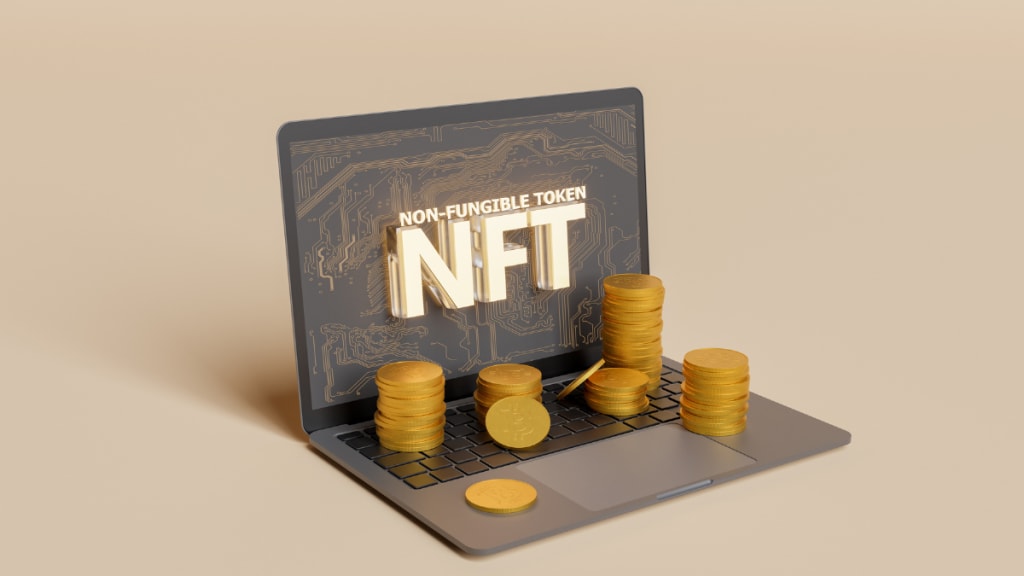
In recent years, Non-Fungible Tokens (NFTs) have emerged as a groundbreaking concept in the world of digital assets and blockchain technology. NFTs marketplace development have revolutionized the way we perceive and exchange ownership of digital content, including art, collectibles, music, virtual real estate, and more. This article aims to provide a comprehensive understanding of NFTs, exploring their characteristics, benefits, and implications.
The rise of decentralized finance (DeFi) has sparked a wave of innovation, transforming traditional industries with the power of blockchain technology. Among these industries, multi-level marketing (MLM) has witnessed a disruptive shift towards decentralization, thanks to platforms like Forsage. As Forsage gained traction in the decentralized MLM landscape, a new trend emerged – the development and utilization of Forsage clone scripts, enabling the creation of decentralized smart contract MLM platforms.
What are NFTs?
NFTs are unique digital tokens that represent ownership or proof of authenticity for a specific item or piece of content. Unlike cryptocurrencies such as Bitcoin or Ethereum, which are fungible and can be exchanged on a one-to-one basis, each NFT is distinct and cannot be exchanged on an equal basis. Each NFT contains metadata that defines its uniqueness, including information about the creator, the asset itself, and its ownership history.
How do NFTs work?
NFTs are typically built on blockchain platforms such as Ethereum, utilizing smart contracts to create and manage them. Smart contracts are self-executing contracts with predefined rules and conditions encoded into the blockchain. These contracts facilitate the creation, ownership, and transfer of NFTs in a transparent and secure manner. Each transaction involving an NFT is recorded on the blockchain, providing a verifiable and immutable history of ownership.
Characteristics of Non-Fungible Tokens (NFTs)
- Uniqueness: One of the primary characteristics of NFTs is their uniqueness. Each NFT is distinct and cannot be exchanged on an equal basis like fungible assets such as cryptocurrencies. NFTs have specific identifiers and metadata that differentiate them from one another.
- Indivisibility: NFTs are indivisible, meaning they cannot be divided into smaller units like cryptocurrencies. Each NFT represents a whole and cannot be split into fractions. This indivisibility contributes to the uniqueness and scarcity of NFTs.
- Ownership and Authenticity: NFTs provide proof of ownership and authenticity for a particular digital asset. The ownership history and details of the creator are recorded on the blockchain, ensuring transparency and verifiability. This feature is crucial for artists, collectors, and content creators to establish provenance and protect their intellectual property rights.
- Immutable Record: NFTs utilize blockchain technology, which ensures that the transaction history and ownership records of each token are immutable and tamper-proof. Once a transaction is recorded on the blockchain, it cannot be altered or deleted, providing a reliable and permanent record of ownership.
- Interoperability: NFTs can be created and traded on various blockchain platforms, although Ethereum is currently the most popular choice. Interoperability allows NFTs to be transferred between different marketplaces and platforms, expanding their reach and potential audience.
- Programmability: NFTs can incorporate programmable features through the use of smart contracts. Smart contracts enable additional functionalities, such as royalties, automatic distribution of revenue to creators, or unlocking certain content or benefits based on predefined conditions.
- Value and Market Dynamics: NFTs derive their value from factors such as scarcity, uniqueness, demand, and perceived cultural or artistic significance. The market for NFTs has experienced significant growth, with buyers and collectors willing to pay substantial amounts for desirable digital assets.
Overview of early NFT marketplaces
The emergence of Non-Fungible Tokens (NFTs) has given rise to various digital marketplaces where these unique assets can be bought, sold, and traded. In the early days of the NFT ecosystem, several platforms played a significant role in establishing and popularizing the concept of NFTs. Here is an overview of some of the early NFT marketplaces:
- CryptoPunks: Launched in 2017, CryptoPunks is one of the earliest and most influential NFT marketplaces. It offers pixelated, 8-bit style characters that are unique and owned entirely by individuals. Each CryptoPunk has distinct attributes, such as hairstyle, accessories, and more. CryptoPunks gained significant attention for their scarcity and collectibility.
- SuperRare: Founded in 2018, SuperRare focuses on digital art NFTs. It provides a platform for artists to mint and sell their artwork as limited edition NFTs. SuperRare emphasizes the rarity and provenance of digital art pieces, allowing artists to retain royalties on secondary sales.
- OpenSea: Established in 2017, OpenSea is one of the earliest and most prominent NFT marketplaces. It offers a wide range of digital assets, including art, collectibles, virtual real estate, and more. OpenSea provides a decentralized marketplace where users can buy, sell, and discover various NFTs from different blockchain platforms.
- Rarible: Rarible, founded in 2020, is an NFT marketplace that enables users to create, buy, and sell digital assets. It emphasizes community governance, allowing users to shape the platform's policies and features. Rarible offers a platform where creators and collectors can engage in the creation and trade of NFTs.
- NBA Top Shot: Launched in 2020, NBA Top Shot is a unique NFT marketplace that focuses on basketball-related collectibles. It offers officially licensed NBA moments in the form of NFTs, allowing fans to own and trade memorable basketball highlights. NBA Top Shot gained significant popularity and introduced NFTs to a broader audience.
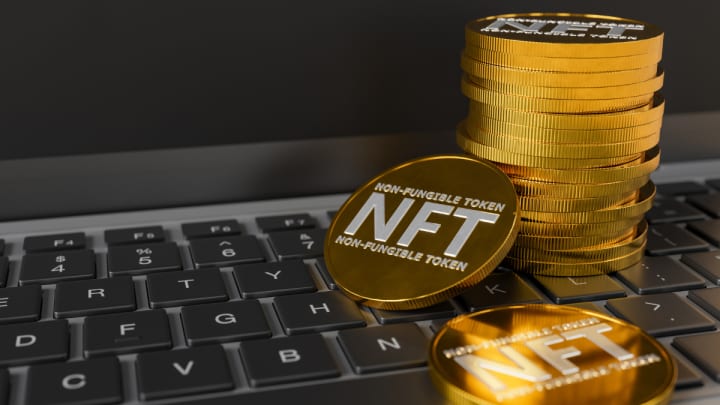
The Business Potential of NFT Marketplaces
Non-Fungible Token (NFT) marketplaces have garnered significant attention and demonstrated immense business potential within the digital asset ecosystem. Here's an exploration of the business opportunities offered by NFT marketplaces:
- Creation and Curation Fees: NFT marketplaces typically charge fees for minting, listing, and selling NFTs. These fees generate revenue for the platform and can be a significant source of income, especially considering the increasing number of NFT transactions. Marketplaces can also curate their content and charge additional fees for featuring or promoting specific NFTs, creating additional revenue streams.
- Secondary Sales and Royalties: NFT marketplaces often facilitate secondary sales, allowing creators to earn royalties on subsequent transactions. Smart contracts can be programmed to automatically distribute a percentage of each resale to the original creator or rights holders. This royalty mechanism not only benefits creators but also incentivizes them to create more valuable and desirable NFTs.
- Exclusive Partnerships and Collaborations: NFT marketplaces have the potential to forge exclusive partnerships and collaborations with artists, celebrities, brands, and intellectual property owners. These partnerships can attract high-profile creators and content, driving user engagement and attracting a larger audience to the marketplace. Such collaborations can also lead to unique and limited-edition NFT releases, further boosting demand and revenue potential.
- Platform Utility and Upgrades: NFT marketplaces can introduce additional utility and features to attract users and generate revenue. This includes offering value-added services such as tokenization of real-world assets, fractional ownership options, gamification elements, and integration with other platforms or services. By continuously improving and expanding their offerings, marketplaces can enhance user experience and attract a broader user base.
- Advertising and Sponsorships: As NFT marketplaces gain prominence, they become attractive platforms for targeted advertising and sponsorships. Brands and advertisers can collaborate with marketplaces to promote their products or services through NFT campaigns, sponsor virtual events, or engage with NFT collectors and communities. This opens up new revenue streams and partnerships beyond the direct sale of NFTs.
- Supporting Infrastructure and Services: NFT marketplaces can offer ancillary services and infrastructure to support the NFT ecosystem. This includes providing tools for creators to easily mint and manage their NFTs, offering secure storage and custody solutions for digital assets, enabling seamless integration with other platforms or services, and providing analytics and data insights for market trends and user behavior.
Strategies for Success in NFT Marketplace Business
Operating a successful NFT marketplace development requires careful planning, execution, and a deep understanding of the evolving digital asset landscape. Here are some strategies to consider for achieving success in the NFT marketplace business:
- User Experience and Interface: Prioritize creating a user-friendly and intuitive marketplace interface. Ensure that users can easily browse, search, and discover NFTs. Provide clear instructions for minting, buying, and selling NFTs. Streamline the user experience to encourage engagement, simplify transactions, and retain users.
- Curated Content and Quality Control: Implement quality control measures to curate the content on your marketplace. Curated marketplaces can build trust among users and attract high-quality NFTs. Consider working with experts, influencers, or art professionals to curate and authenticate NFTs, ensuring the marketplace offers valuable and unique digital assets.
- Community Engagement: Foster an active and vibrant community around your marketplace. Engage with users through social media, forums, and virtual events. Encourage discussions, collaborations, and feedback. Building a strong community increases user loyalty, attracts new users, and creates a sense of belonging and excitement.
- Exclusive Partnerships: Collaborate with artists, creators, and celebrities to release exclusive NFT collections or collaborations. Exclusive partnerships generate buzz and attract attention to your marketplace. Seek out well-known artists, influential individuals, or brands aligned with your target audience to create unique and desirable NFT releases.
- Marketing and Promotion: Develop a comprehensive marketing strategy to promote your marketplace and NFT offerings. Utilize social media, influencers, content marketing, and targeted advertising to reach potential users and collectors. Highlight unique features, collaborations, and success stories to differentiate your marketplace from competitors.
- Secure and Transparent Transactions: Prioritize security and transparency to build trust among users. Implement robust security measures to protect user wallets, personal information, and NFT assets. Utilize blockchain technology to provide transparent transaction histories and ownership records. Clearly communicate your marketplace's security protocols to reassure users about the safety of their NFT investments.
- Niche Targeting and Specialization: Consider targeting specific niches or industries within the NFT space. Specializing in a particular area, such as digital art, music, or gaming, allows you to cater to the specific needs and interests of a focused audience. This specialization can help establish your marketplace as a go-to destination for a particular category of NFTs.
- Continuous Innovation and Adaptation: Stay abreast of the latest trends, technological advancements, and user preferences within the NFT ecosystem. Continuously innovate and adapt your marketplace to meet evolving market demands. Embrace new standards, integrate with emerging blockchain platforms, and explore opportunities for integrating emerging technologies like augmented reality (AR) or virtual reality (VR) into the NFT experience.
Frequently Asked Questions (FAQs)
Q1. What is an NFT marketplace?
An NFT marketplace is an online platform where Non-Fungible Tokens (NFTs) can be bought, sold, and traded. These marketplaces serve as digital market hubs for creators, collectors, and investors to engage in transactions involving unique digital assets. NFT marketplaces provide a platform for artists to mint and list their NFTs, while also offering a marketplace for buyers to discover, bid on, or purchase NFTs.
Q2. How do artists and creators monetize their work through NFT marketplaces?
Artists and creators can monetize their work through NFT marketplaces in several ways. First, they can mint their digital artwork or creations as NFTs and list them for sale on the marketplace. When their NFTs are purchased, artists receive a portion of the proceeds from the sale. Additionally, artists can earn ongoing royalties on secondary sales of their NFTs, allowing them to continue to profit as their creations are resold in the marketplace.
Q3. What are the legal considerations when dealing with NFTs?
When dealing with NFTs, there are several legal considerations to keep in mind. These include:
- Intellectual Property Rights: Artists and creators should ensure they have the proper rights to the content they mint as NFTs and respect the intellectual property rights of others.
- Copyright and Licensing: Understand the copyright implications of minting and selling NFTs based on existing copyrighted works or collaborations with other artists.
- Terms of Service: NFT marketplaces typically have their own terms of service that both artists and buyers should review to understand the rights, responsibilities, and dispute resolution processes.
- Taxation: Depending on the jurisdiction, there may be tax obligations associated with earning income from NFT sales. Artists and creators should consult with tax professionals to understand their tax obligations.
- Legal Contracts: Artists should consider using well-drafted smart contracts or written agreements to clarify ownership rights, royalty agreements, and any other specific terms related to the sale of their NFTs.
It is advisable to consult legal professionals with expertise in intellectual property and blockchain technology to ensure compliance with relevant laws and regulations.
Q4. Which NFT marketplace platform should I choose?
The choice of an NFT marketplace platform depends on several factors, including your specific needs and objectives. Some popular NFT marketplaces include OpenSea, SuperRare, Rarible, Foundation, and NBA Top Shot. Consider factors such as platform reputation, user base, fees, ease of use, discoverability, curation, and community engagement when selecting an NFT marketplace platform. Researching and comparing different platforms can help you make an informed decision based on your requirements and goals.
Q5. Are NFT marketplaces limited to digital art?
No, NFT marketplaces are not limited to digital art. While digital art has gained significant attention in the NFT space, NFT marketplaces can support a wide range of digital assets, including music, virtual real estate, collectibles, virtual goods in games, domain names, and more. The scope of NFT marketplaces continues to expand as creators explore new ways to tokenize and monetize various forms of digital content.
Conclusion
In conclusion, The NFT marketplace development presents an exciting opportunity for creators to monetize their digital creativity. By leveraging the unique features of NFTs, such as provenance, scarcity, and programmability, artists and content creators can directly engage with a global audience and unlock new revenue streams. NFT marketplaces offer a platform for artists to showcase their work, earn income from primary sales, and receive royalties from secondary transactions. Moreover, the potential for exclusive partnerships, community engagement, and innovative marketing strategies further enhances the business potential of NFT marketplaces. As the NFT ecosystem continues to evolve, embracing this transformative technology can empower creators to thrive in the digital era.


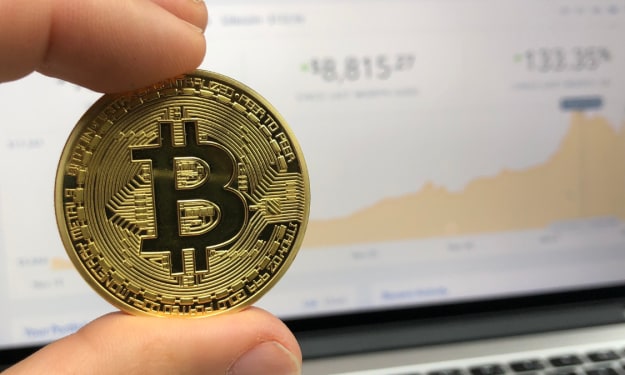
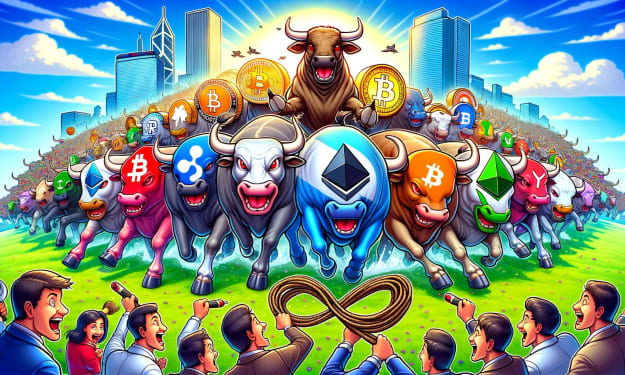
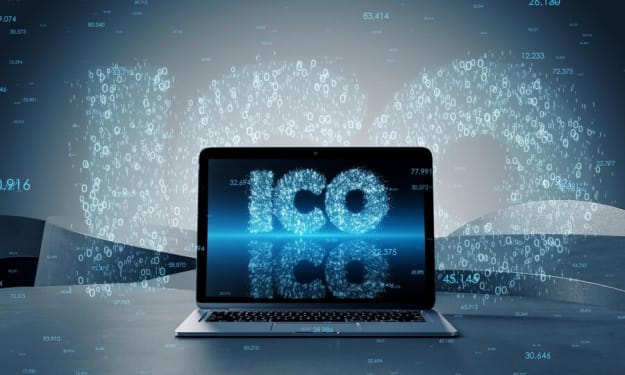

Comments
There are no comments for this story
Be the first to respond and start the conversation.